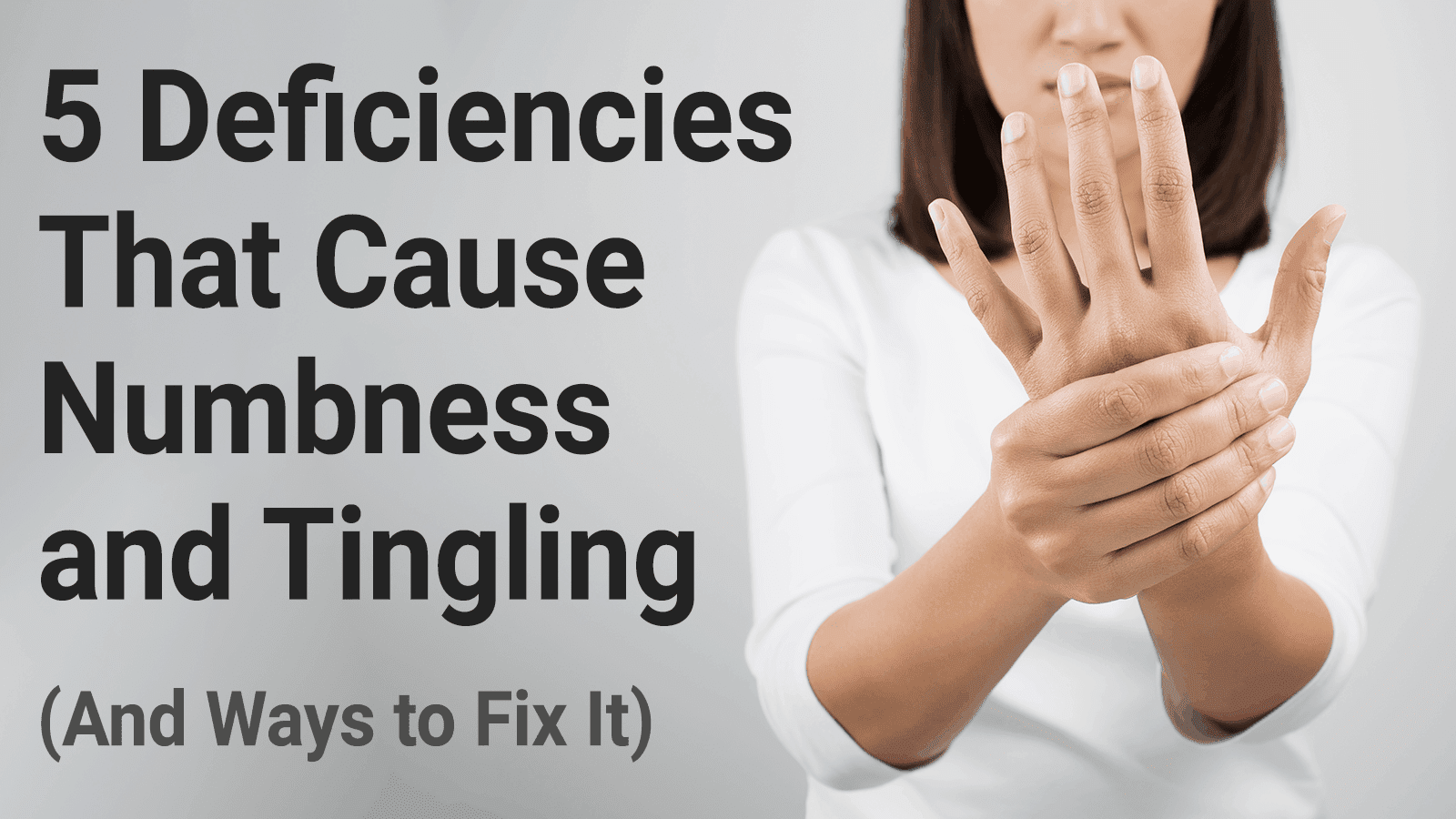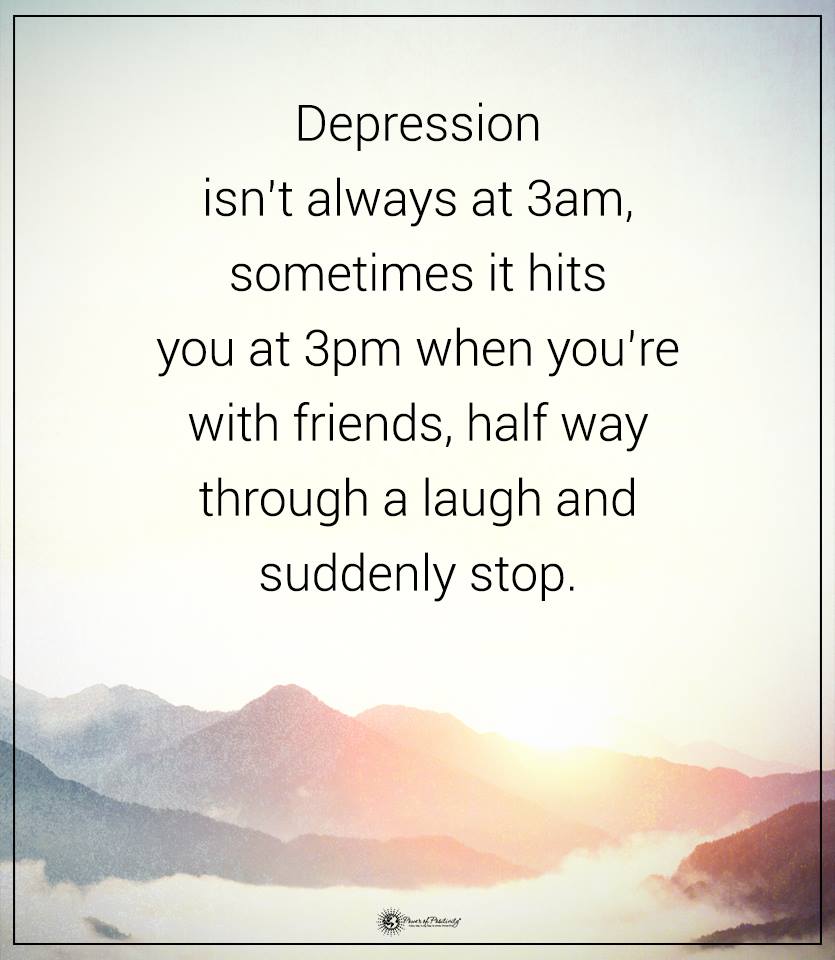When it comes to disease and illness, many firmly believe that only those who’ve walked in the shoes of the afflicted can genuinely understand in the truest sense of the word. The same might be said of any mental health challenge – namely, depression.
Most everyone caught in the throes of depression reaches a point when they ask themselves if antidepressant medication is “worth it.” This junction is reached at about the time when the illness has a person in such a position that they’re willing to try just about anything to feel some semblance of normalcy once again. This desperation mindset doesn’t paint the pharmaceutical industry in a charming light, to say the least.
This article will focus on the (rarely mentioned) side effects of most antidepressant medications. Some of these side effects have only recently started garnering attention. First, let’s discuss how depression unfolds to understand better what goes on inside a person’s psyche, combatting mental illness.
Depression, Desperation, and Antidepressants
“Now I’m lying here, on this floor, I’m not looking at anything in particular, and not feeling anything. Just deliriously exhausted, like I’ve been up for days. This is the state I will stay in, empty, just not caring.” – Ellen Vrana, on Quora
Depressive disorders are as perplexing and multifaceted as they are debilitating. When the depression strikes, things can get confusing, scary, and sad. Very sad. For others, anxiety or numbness settles in. A seeming inability to function is a shared experience.
Once the shock of confusion and fear that is depression onset at least somewhat resides, the person will often begin searching for answers. Some of the self-examination questions asked at this phase include:
- “Is all of this in my head?”
- “Do I need to eat better? Sleep better? Exercise more? Will that help?”
- “Can I somehow snap out of it?”
- “Do I need to get help? How?”
- “Should I talk to someone? If so, who should I talk to?”
Eventually, the reality of the situation sets in, although some of the initial shock and confusion remain for many. Depression is one of those illnesses that can make it extremely hard to “think straight.” But even through this fog, the person will eventually reach a point when they consider seeking help.
Sadly, statistics suggest that far too many people with depression forgo treatment of any kind. Some surveys reflect that upwards of 60 percent of people who meet the criteria for major depressive disorder (MDD) never seek treatment. To this end, those considering treatment are often concerned about their lack of options before stepping into a doctor’s office. “They’ll just prescribe me some kind of pill,” is a frequent objection.
Too often, they are right.
Antidepressants: Is Skepticism Merited?
“As physicians, we take an oath – ‘first do no harm’ – but then we get lured by the seeming simplicity of a one-pill-for-one-ill model. [It] makes no sense to take powerful psychiatric drugs as a first line treatment. In fact, I’d go a step further and say that it’s irresponsible.” – Kelly Brogan, MD
The ranks of doctors subscribing to sentiments similar to those shared by Dr. Kelly Brogan are swelling. One reason for this is the drastic spike in the number of people taking the class of drugs known collectively as antidepressants. To illustrate, consider the following statistics from the American Psychological Association (APA):
- 13 percent: The percentage of people over the age of 12 who took antidepressant medication in the past month.
- 19 percent: The percentage of older adults (60 years and up) who take a monthly antidepressant.
- 64 percent: The percentage of prescription drugs prescribed between 1999 and 2014 increased.
- 200 percent: The percentage ratio of women who take antidepressants compared to men.
And then there’s the plethora of less-than-desirable side effects from antidepressants. Among them:
- SSRI side effects: Diarrhea, gastrointestinal difficulties, headaches, insomnia, joint and muscle pain.
- Sexual side effects: Diminished sexual desire, interest, performance, and/or satisfaction; erectile dysfunction, and inability to ejaculate or climax.
- Side effects in older adults: Dizziness, liver problems, heart palpitations.
- Side effects during pregnancy: Low birth weight and premature delivery.
Shockingly, these aren’t even all the possible side effects of antidepressant medication. Let’s now get into the side effects of the drugs that rarely mentioned.
The “Other” Effects of Antidepressants
“Roughly one-third to one-half of patient discontinue pharmacological treatment with a quarter of those patients reporting side effects to be the reason for their discontinuation.” – Michael H. Bloch MD, MS
Here are some of the “other” effects of antidepressants that few people seem to be discussing:
1 – Body Odor and Sweating
Alan Koenigserg, a physician and psychiatrist, posts on Quora: “Some of the medications (antidepressants) may cause increased sweating, which may lead to increased body odor, in any case, daily showering and more thorough cleaning may help.”
Indeed, hyperhidrosis – excessive sweating – is caused by changes in the levels of dopamine transporters in the brain, caused by most antidepressants. Authors of the study estimate that up to 14% and higher of patients who take an antidepressant develop excessive sweating. Profuse sweating may, of course, trigger another problem: body odor.
2 – Fatigue and Brain Fog
Per a study published in the journal Innovations in Clinical Neuroscience, between 80 to 90 percent of patients with depressive disorders experience symptoms of fatigue while taking an antidepressant medication. Moreover, MDD patients with fatigue are more likely to experience other physical symptoms such as apathy, decreased interest, emotional disturbances, and feelings of being overwhelmed.
Fatigue may also manifest as the psychological state known as “brain fog.” Brain fog is a breakdown in the regulation of the overall level of consciousness. As a result, one may experience the strange sensation of mental clouding or “fogginess.” Brain fog can affect cognitive function, including abilities such as calculation, concentration, use of language, and spatial and visual skills.
3 – Numbness (“Emotional blunting”)
Numbness, or emotional blunting, is a pervasive side effect of antidepressants. A woman, when asked why she stopped taking the medication Effexor (venlafaxine), responded, “I felt bad which is why I took the drug in the first place. But then I couldn’t feel anything at all.”Someone else followed up with, “I know that all of us [have] gone [or are going] through [numbness], but is there any way to get your real personality back?”
Researchers estimate that about half of all people taking antidepressant medications experience emotional blunting. Many people who report this numbness also deal with decreased libido (low sex drive), poor concentration, and slowed thinking. Selective Serotonin Reuptake Inhibitors (SNRIs) are most commonly associated with the abovementioned symptoms.
4 – Agitation
It’s no surprise that agitation and anxiety are two common symptoms of depression. Something surprising, however, is that certain antidepressant medications trigger anxiety so often that doctors often co-prescribe a sedative to help manage it. These drugs, known as benzodiazepines, include popular medications such as Xanax and Valium. Research demonstrates that benzodiazepines are among the most widely abused, addictive prescription medications.
Researchers estimate that over 30 percent of patients taking Prozac (fluoxetine) experience agitation. Zoloft (sertraline HCI) is cited as another medicine that may induce episodes of agitation.
5 – Withdrawal from Antidepressants
By most accounts, the withdrawal symptoms of antidepressants can be hellish. For some, forgetting to take even one dose can be quite an ordeal. One Quora user, Canice Rockers, describes her experience: “I take 150 mg (milligrams) venlafaxine every day. When I miss (just) 1 dosage, within a few hours, it will feel as if my mind no doesn’t work anymore. I get scared, and my vision gets strange.”
Ms. Rockers is describing the effects of antidepressant discontinuation, which can become both a scary and dangerous experience. Some of the side effects of antidepressant discontinuation include anxiety, depression (yeah!), dizziness, difficulty balancing, electric shock sensations (“brain zaps”), irritability, nausea, and lack of coordination.
Final Thoughts: Evaluating Antidepressants Before You Take Them for Depression
The fact is that, like many controversial medications (e.g. ADD medicines, cannabinoids, etc.), antidepressants can ease some of the symptoms of depression for many. Additionally, not all people must contend with the severe side effects of the medications. Many people go so far as to credit their antidepressant for saving their lives. From the writer’s perspective, any treatment option that helps someone live a happier and less painful existence is worth celebrating.
The bottom line is do your research before agreeing to take any prescribed medication, including antidepressants. While the inner drive to find immediate relief is most undoubtedly understandable, one should be educated on the possible effects – both good and bad – of introducing brain-altering chemicals into the body. An education that the pharmaceutical industry and many within the medical community are doing a subpar job of providing.
















 Community
Community

